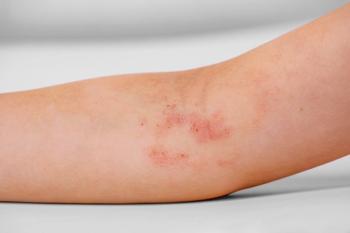
Children with atopic dermatitis will soon have more options for treatment, as clinical trials show promising results.

Children with atopic dermatitis will soon have more options for treatment, as clinical trials show promising results.

The American Academy of Pediatrics has outlined safety tips to keep children physically and emotionally healthy as they return to school this season.

A variety of nonprescription treatments, supplements, and patches can alleviate pain for children and adolescents.

In a recent study, researchers found that text message reminders led to increased influenza vaccination rates, along with many receiving the vaccine sooner.

A recent survey showed correlation between the severity of atopic dermatitis and the negative impacts on family life.

The American Academy of Pediatrics reminded parents of the importance of helmet use and encouraged helmet use discussion with their children.
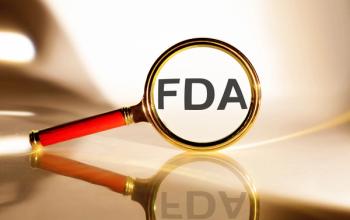
Xofluza is now the first single-dose oral medication for influenza approved for children aged less than 12 years.
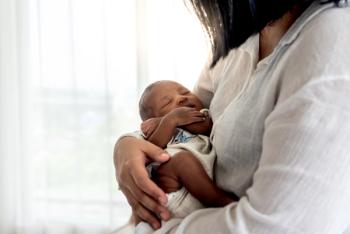
ASP treatment lowered the presence of sepsis risk factors in preterm infants.

Patients are either skipping care completely, cutting costs elsewhere, or borrowing money to pay for health care.

Edgewell Personal Care Company issued a voluntary national recall of 3 collections of Banana Boat Hair & Scalp Sunscreen due to the presence of benzene.

Inaugural recipients will use funds to support infrastructure, student mental health, and programs for children with behavioral challenges.

Investigators found that symptoms of attention-deficit/hyperactivity disorder were more often seen in children with a lower birth weight.

Investigators compared the effects of midazolam, dexmedetomidine, and saline control on the appearance of perioperative respiratory adverse events in children.

A study by the German Neonatal Network associated application of less invasive surfactant administration with fewer complications and lower mortality rates.

Both higher fetal and infant weight growth patterns are linked to early markers of impaired arterial health, according to a study published in JAMA Network Open.

Many devices approved for pediatric use were not tested in a clinical trial involving children.

Only one-fifth of parents in a recent survey indicated intentions of getting their child the vaccine within 3 months of eligibility.

Medicare drug prices, insulin costs affected by Inflation Reduction Act.

Security experts have been warning health care companies for years that all the connected medical devices are potential vulnerabilities

Studies indicate that child deaths by gun violence were comparable to those by COVID-19.
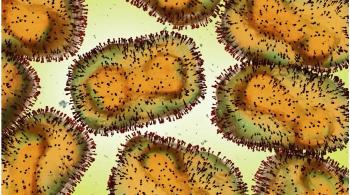
White House ramps up efforts to fight outbreak.

Hyperbilirubinemia can lead to brain complications in rare instances, which the guidelines work to prevent.
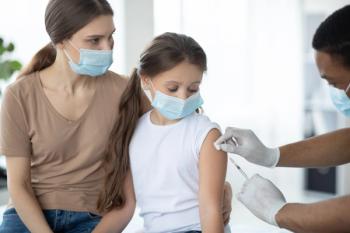
The American Academy of Pediatrics (AAP) recommends children aged 5 to 11 receive the BNT-162b2 vaccination.
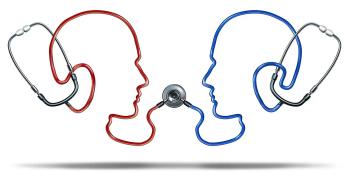
Communication gaps remain open between primary care physicians and specialists who share patients, despite potential connections through improved electronic health records (EHR).

AMA surveys patients on privacy in light of recent Supreme Court ruling on abortion.
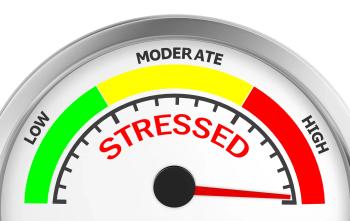
Study finds more depression, burnout as worries over childcare increase

Better Together is a professional, structured coaching program designed by female physicians to address the burnout that is disproportionately experienced by women in medicine.

Make-A-Wish creates life-changing wishes for children with critical illnesses. Since 1980, Make-A-Wish has impacted over 500,000 wish children and families around the globe, and millions of members of the community.

An expert offers considerations and developmentally appropriate interventions to promote high-quality, patient-centered pediatric infusion care.

State regulations overruled to protect physicians’ clinical judgments.